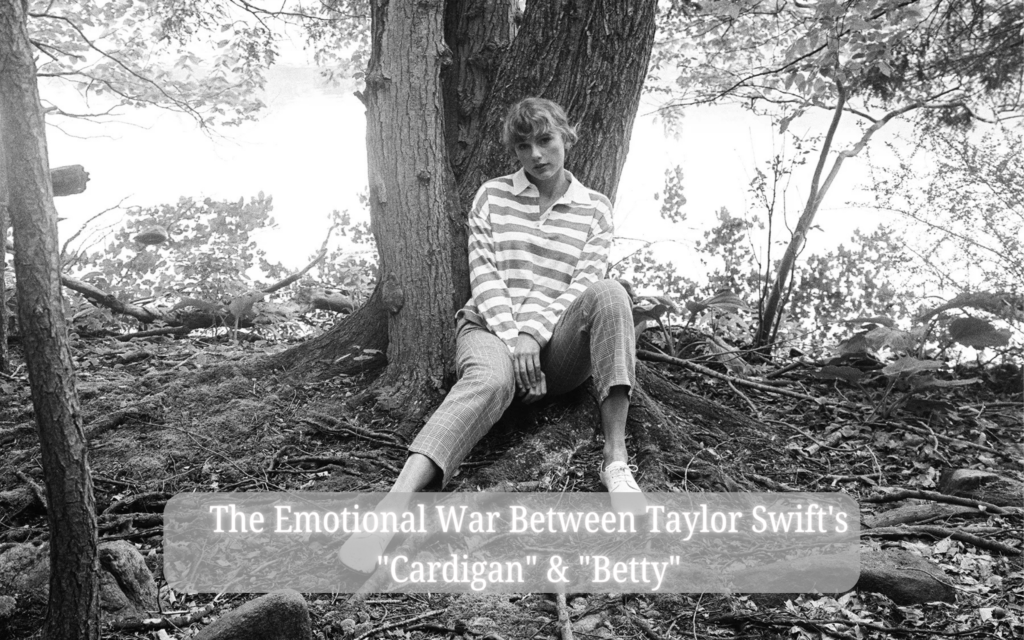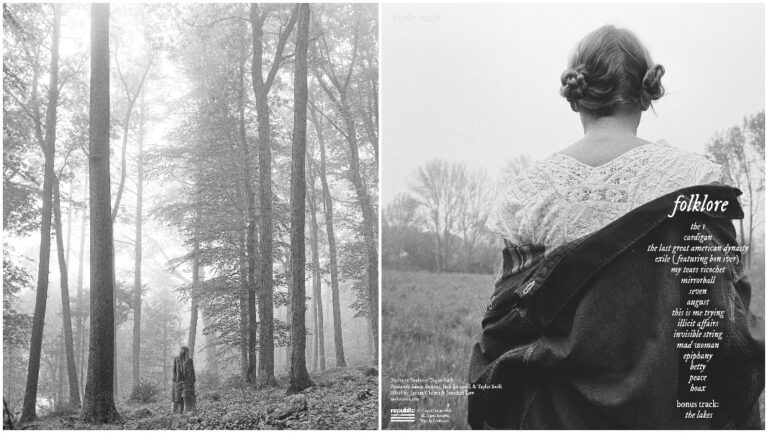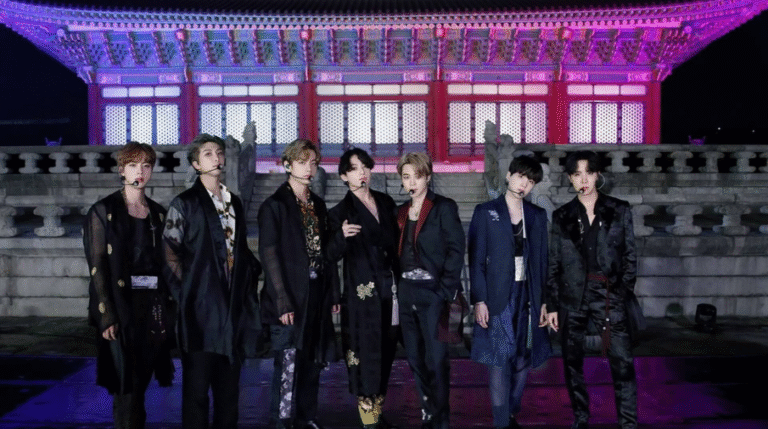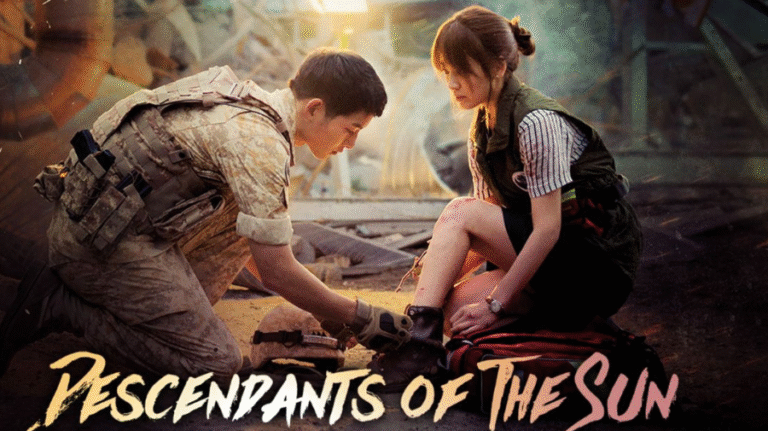
Taylor Swift’s folklore is a beautifully curated album, an intricate tapestry of emotions woven together through delicate storytelling. Yet, for reasons unknown, it often feels underrated. Among its most thoughtful narratives is a love triangle told through three songs: Cardigan, Betty, and August.
In this piece, we focus on Cardigan and Betty, two tracks that hold the same heartbreak but tell it from opposing perspectives. One is voiced by the girl left behind, carrying the weight of memory.
The other comes from the boy who walked away, hoping for redemption. And that’s where the magic lies: they lived the same story but understood it differently.
Betty’s Perspective – Cardigan
From the very first notes, Cardigan feels like a rainy evening.
For her, the betrayal rips apart trust, replaces her, and leaves her with the quiet torment of wondering if she was ever truly enough.
In Cardigan, love survives in textures and fleeting details. It lingers as an echo of pain after the door closes.
The lyrics, “I knew I’d curse you for the longest time, chasing shadows in the grocery lines”, capture the aching search for something already gone, a desperate attempt to hold onto the intangible.
That’s the paradox of love: we chase its echoes, hoping to feel it again, even knowing it may end in heartbreak. Because when it’s ours, its power eclipses every other emotion.
Betty and James are both young, yet the depth of Betty’s reflections reveals a maturity that contrasts sharply with James’s uncertainty. When she sings:
“But I knew you’d linger like a tattoo kiss
I knew you’d haunt all of my what-ifs
The smell of smoke would hang around this long
’Cause I knew everything when I was young
I knew I’d curse you for the longest time
Chasin’ shadows in the grocery line
I knew you’d miss me once the thrill expired
And you’d be standin’ in my front porch light”
we see someone who already understands the permanence of certain heartbreaks.
Meanwhile, James’s lines —
“In the garden, would you trust me
If I told you it was just a summer thing?
I’m only seventeen, I don’t know anything
But I know I miss you”
show the unsure, impulsive perspective of a teenage boy. Together, their voices create an unflinching portrait of young love, perfectly delivering its beauty, fragility, and inevitable scars.

The folklore album cover, a grayscale journey into Taylor Swift’s most introspective era (Folklore Album Cover)
James’s Perspective – Betty
If Cardigan is a rainy evening, Betty is a sunny afternoon in late summer.
Sung from James’s point of view, it’s a clumsy yet heartfelt apology. He doesn’t shy away from admitting his mistakes, but he also never fully grasps the depth of what he broke.
When he says, “I’m only seventeen, I don’t know anything,” it’s both an explanation and, perhaps, an excuse, a way of softening the weight of his choices.
His tone carries hope, even a touch of playfulness, as though love can simply be mended by showing up on her doorstep.
And that’s how it often is in reality, too. For some, love is an all-encompassing force that, once broken, leaves lasting devastation, scars that remain visible for a lifetime or beyond. However, for others, it’s something they can move past with ease, the emotions never running quite as deep.
Tone and Remembrance
Cardigan feels heavy, like emotions you can’t quite shake off, the kind you tuck away yet never forget. It carries the weight of something that once held deep value and meaning, its slow, moody rhythm capturing the quiet ache of remembering.
Every lyric lingers on tiny, intimate details of moments spent together, snapshots you leaf through like worn pages in an old diary.
Betty, in contrast, breathes lighter but never fully sincere. Its harmonica-laced, country-tinged melody feels like a casual drive, freer on the surface yet hiding restlessness.
The apology it offers seems more like a tentative knock on a closed door: “Let’s forget what happened, just give me another chance,” as if bullet scars could be covered with fragile bandages.
It’s less about reckoning with the hurt and more about wanting something back simply because it used to be theirs.
Relationships often mirror the dynamic between Betty and James, where words are exchanged, feelings get hurt, and there’s an expectation that a simple “sorry” can mend the damage.
This cyclical pattern of misunderstanding, forgiveness, and lingering pain is profoundly human and universally relatable.
Taylor Swift’s genius lies in her ability to articulate these complex emotional landscapes across her albums, whether in folklore, Midnights, her Taylor’s Version projects, or any other work.
She offers multiple perspectives within her storytelling, making her music deeply resonant and impossible to separate from our own experiences. Her art captures the messy, beautiful reality of relationships and life, inviting us to reflect and empathize.
As fans, we eagerly anticipate what new depths and directions she will explore in her upcoming album.
Stay tuned with WorldTimes for more.



